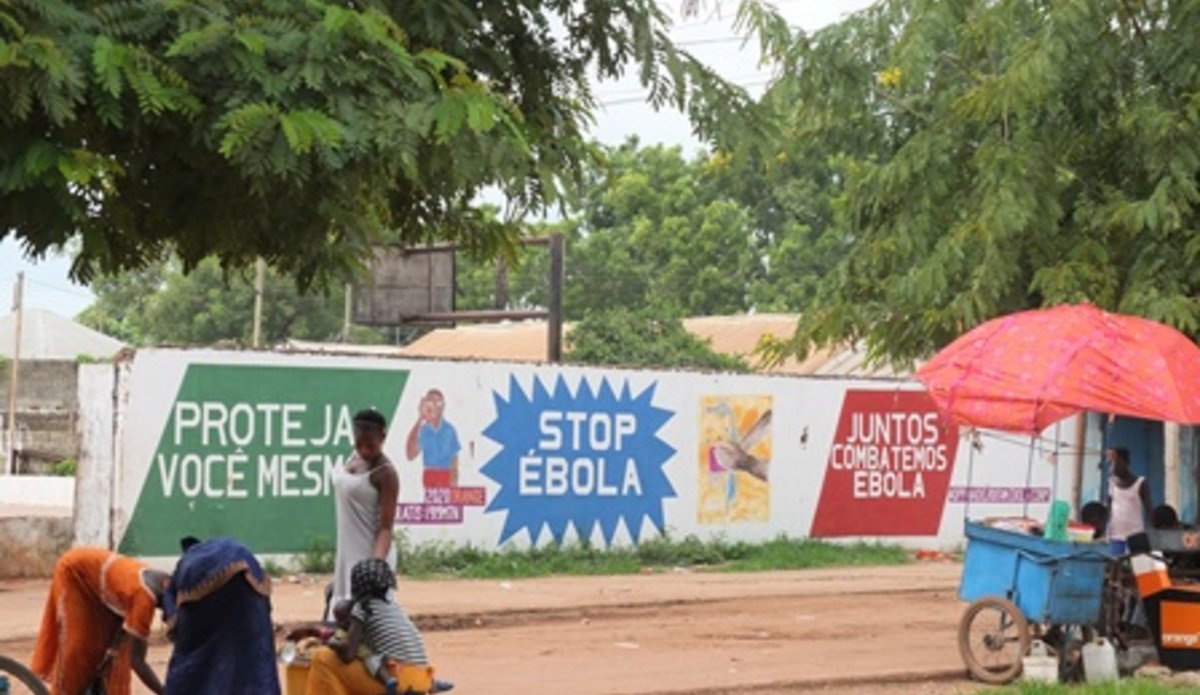Who supports Guinea-Bissau developement
22 July 2015 - Guinea-Bissau is one of the poorest countries in the world with one of the lowest human development indexes and also one of the countries that receive more external financial support, including from the United Nations.
The United Nations recently organized in Addis Ababa the third International Conference on financing assistance for sustainable development. The agreement reached by the 193 UN states member aimed at reforming global finance practices and generate investments to face a series of economic, social and environmental challenges.
According to the Secretary-General of the UN, Ban Ki-moon, the agreement provides a comprehensive framework for the financing of sustainable development and "constitutes a solid foundation for a revitalized global partnership and sustainable development that will leave no one behind. "
Close to 150 world leaders will adopt the new goals at the Sustainable Development Summit in New York this September. The goals address global priorities including ending poverty and hunger, reducing social inequality, tackling climate change, and preserving the planet’s natural resources.
The Deputy Special Representative of the Secretary-General and Resident Coordinator of the United Nations system in Guinea-Bissau, Maria do Valle Ribeiro, explained that "the multilateral system funding, which is the United Nations has several origins, some of the funding for example that comes to the mission comes from member states, while the money from the agencies, funds and programs comes from a mix of financing, they have their own funds and self-financing part of their operations in Guinea-Bissau, but it is clear that one of its roles is to develop international partnerships with other partners and donors and to mobilize and catalyze funds for Guinea-Bissau. "
Ambassador of the European Union in Guinea-Bissau, Victor Madeira dos Santos, in his turn, stated that to support the country UE has created specific funds financed with funds from the EU states. At this time the EU Delegation in the country is implementing "the 11th European Development Fund program for Guinea-Bissau that declines in the period of time 2015-2020." "This will be defined in the context of what we call a national indicative program. This national indicative program now has an envelope of € 128 million for these four years of implementation which are declined to support the three key sectors: consolidation of democratic governance, rural and sustainable development and health. These are the three key areas and accompanied by the accompanying measures, "he said.
With regard to World Bank chief economist and leader of the Bank program in the Office of Dakar, Senegal, Philip English said that this international financial institution devoted a total of 86 million US dollars for the ongoing projects in Guinea Bissau.
"The total amount of our ongoing projects in Guinea-Bissau is 86 million US dollars. These are eight projects in various fields, including agriculture, community development, private sector development and agribusiness highlighting the row of cashew nuts, there is also a very important project in the field of water and electricity. We have a project that has just been approved for strengthening of public sector and public financial management, management of fisheries resources, the mining sector development, regulatory and code requirements on the environmental and social impact and, lately, we had a little project on biodiversity, "added Philip.
The World Bank has pledged funding worth $ 250 million at the round table in Brussels, Belgium, for a space of five years between 2015-2020.
According to the Representative of the African Union in the country, Ovidio Pequeno, is not set an amount available to Guinea-Bissau, the organization works accordingly with the request made by partners. Pequeno recalls that the money used to support Guinea-Bissau, are usually funding, donations and contributions from states member of the African Union, i.e. the taxpayers of those countries.
 UN
UN





